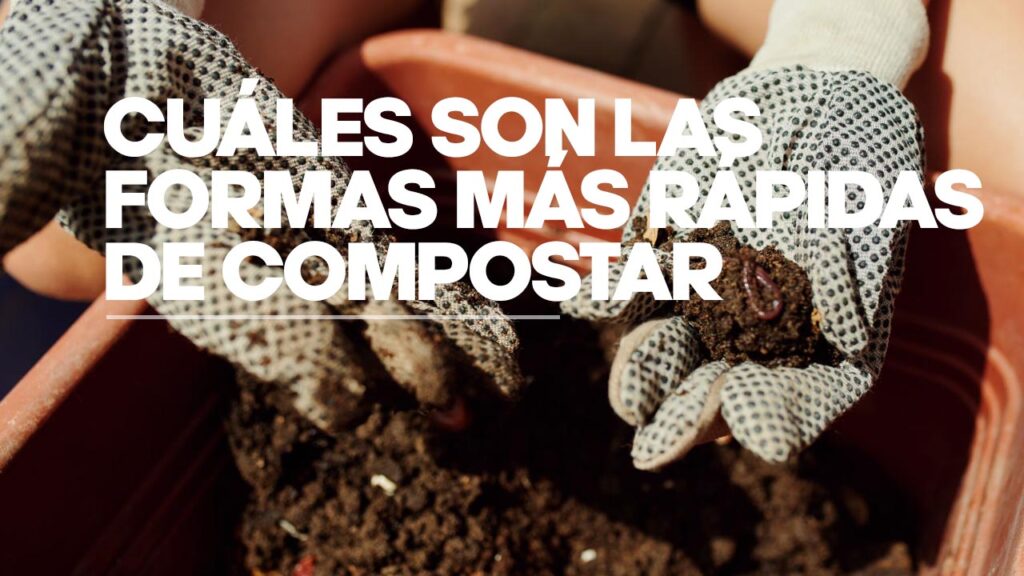How to Speed Up Composting: Quick Tips for a Healthier Garden
Composting has become one of the most important parts of sustainable organic farming. In fact, many municipalities have composting programs, but some of us choose to make our own compost bins or piles, turning kitchen and garden waste into nutrient-rich “gold” for our gardens. Today, I’m going to share some tips and best practices for turning kitchen scraps and garden waste into compost faster than usual. How about we learn how to make compost more quickly and keep a steady rotation of plant material for composting?
Tips to Speed Up Composting
If you simply leave a pile of garden clippings and kitchen scraps, eventually, you’ll get compost—but it’s going to take a while. However, the process can be sped up so that it’s ready in just a few months by following a few simple guidelines. When managed correctly, composting happens much faster. The most important factors in speeding up compost are the size of the compost pile and smart management of the process.
The main elements your compost pile needs are the right balance of carbon and nitrogen, finely chopped materials, aeration, moisture, and temperature. The key to speeding up composting is carefully managing these five factors. If you neglect your compost pile, it will tend to dry out, lose oxygen (which kills the aerobic bacteria), and drop in temperature.
Balancing Carbon and Nitrogen: Key to Faster Composting
Maintaining a careful balance of carbon and nitrogen is one of the most important tips to accelerate composting. These two macronutrients work together and provide the right environment for all the tiny critters and organisms that will help break down and consume the organic material. The right balance encourages microbes to do the decomposing work. The ideal ratio is 30:1. Each material you use has a different carbon-to-nitrogen ratio, but as a general guideline, I recommend using:
2 parts green material for every 1 part dry material.
This way, you’ll have a good carbon-to-nitrogen ratio for your compost pile.
Making Compost Decompose Faster
The fastest decomposition happens when the pieces are smaller and bacteria are stimulated by proper aeration and heat. The key is to keep the material in small pieces so bacteria and microorganisms can stick to them and start breaking them down. Chop as many garden waste items as you can, and try to make sure that kitchen scraps are no larger than 2 cm (about an inch) in diameter.
Let’s talk about the size of the pile. In a compost pile, material will break down much faster in a larger pile—at least half a meter square (about 70 cm x 70 cm).
Another important factor for speeding up composting is how you layer the materials in the pile. Ideally, the pile should be in direct contact with the soil. The next layer should be organic material, followed by soil, and so on. Near the top, add a layer of manure and then more soil. The high nitrogen content of manure and its direct contact with soil organisms carrying microbes is crucial for quick decomposition.
Managing Your Compost Pile Properly
Then comes the matter of proper compost pile management. If the pile is dry, cold, or has the wrong balance of nutrients, it won’t do its job efficiently. Aeration is also key. You should keep the pile moderately moist and turn it with a garden fork at least once a week.
Your compost will be ready when it’s all brown, and you can no longer distinguish the original pieces of material.
Credits: cosasdeljardín.com
What are the fastest ways to compost: tips on how to make compost faster
Cuáles son las formas más rápidas de compostar: consejos sobre cómo hacer el compost más rápido

